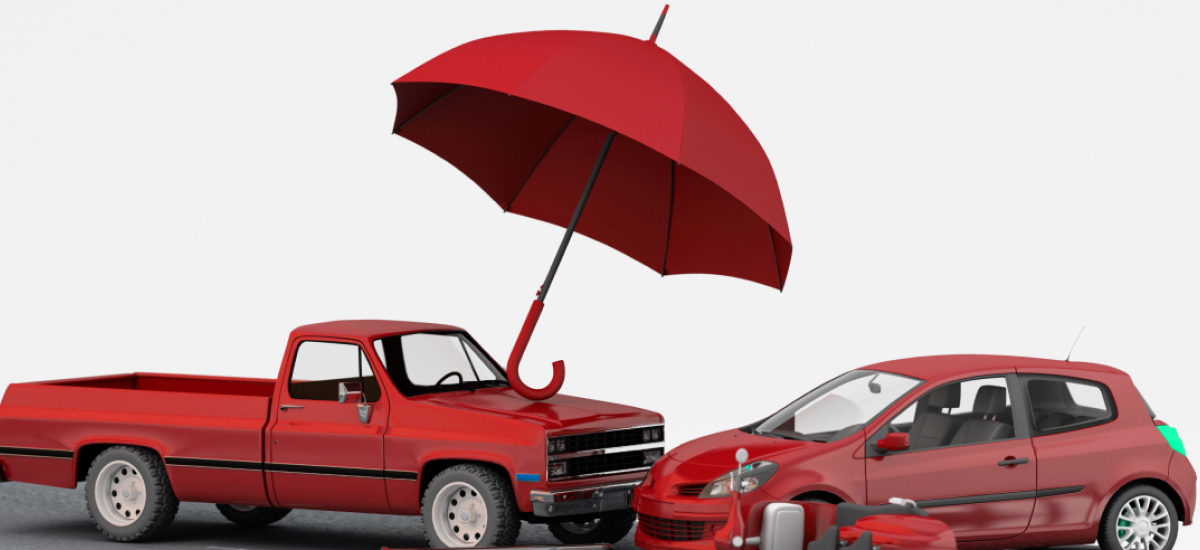Owning a car comes with many responsibilities, including the legal requirement in most places to have car insurance. But what exactly is car insurance? How does it work, and what are the different types of car insurance available?
Understanding the basics of car insurance is important for every car owner to ensure they have the right coverage at the best car insurance premium. In this article, we'll break down the essentials of car insurance so you can make informed decisions about your auto insurance needs.
What Is Car Insurance?
Car insurance is a contract between you and an insurance company where you pay a premium in exchange for the insurer's promise to pay for specific car-related financial losses during the term of the policy. The primary purpose of car insurance is to provide financial protection against physical damage or bodily injury resulting from traffic collisions and against liability that could arise from incidents in a car.
Types of Car Insurance and What They Cover
1. Third-Party Liability Insurance
This is the most basic type of car insurance. It covers your legal responsibility to others for bodily injury or property damage. If you cause an accident, liability coverage will pay for the other person's medical expenses and repairs to their vehicle. Since it is compulsory, you cannot legally drive your car on Indian roads without third-party insurance.
2. Own Damage Coverage
This type of car insurance pays for damage to your own car resulting from a collision with another vehicle or object, regardless of who is at fault. Own damage coverage usually has a deductible, which is the amount you agree to pay out of pocket before the insurance kicks in. It is usually purchased along with third-party cover to ensure complete protection for your vehicle.
3. Comprehensive Coverage
Also known as Comprehensive Car Insurance, this plan covers losses or damages not only from accidents but also from risks such as theft, fire, natural calamities (floods, earthquakes, cyclones), riots, vandalism, and even animal collisions. It provides broader protection compared to third-party or standalone own-damage policies. In India, most car owners prefer comprehensive insurance, as it offers complete financial security for both third-party liabilities and their own vehicle damages.
4. Personal Accident Cover
This type of car insurance coverage pays for your and your passengers' medical expenses and lost wages resulting from injuries sustained in a car accident, regardless of who is at fault. In India, a compulsory personal accident cover of ₹15 lakh is mandated for car owners to ensure financial safety in case of mishaps.
How Are Car Insurance Premiums Determined?
Your car insurance premium is the amount you pay your insurance company on a regular basis, often annually, to keep your insurance active. Insurance companies use several factors to calculate your premium, including:
1. Age and driving experience
Younger drivers or those with limited driving experience are considered higher risk and usually face higher premiums. Experienced drivers with a clean record typically enjoy lower rates.
2. Type and age of vehicle
The make, model, and age of your car impact your premium. Expensive cars or models with higher repair costs generally attract higher premiums, while older vehicles may have lower comprehensive coverage costs but could require higher third-party coverage.
3. Location
Where your car is primarily parked or driven affects the premium. Vehicles in areas prone to theft, accidents, or natural disasters are considered riskier to insure.
4. Driving record
A history of accidents, traffic violations, or claims increases your perceived risk, leading to higher premiums. Conversely, a clean driving record may qualify you for greater discounts.
5. Coverage type and limits
The type of coverage you select (comprehensive or third-party) and the coverage limits directly influence the premium. Higher limits and more extensive coverage result in higher premiums.
Generally, the more risk you pose to the insurer, the higher your car insurance premium will be. For instance, young drivers and those with a history of accidents or traffic violations will usually pay more for car insurance.
How to Lower Your Car Insurance Premium?
While some factors affecting your car insurance premium, such as your age, are beyond your control, there are steps you can take to potentially lower your costs:
1. Compare quotes from multiple insurers
Don’t settle for the first policy you receive. Insurance premiums can vary widely between providers, even for similar coverage. Use online comparison tools to evaluate quotes and choose the one that offers the best value for your needs.
2. Increase your deductible
A higher deductible reduces the insurer’s risk, which in turn lowers your premium. Ensure you can comfortably pay the deductible amount out-of-pocket in case of a claim.
3. Maintain a good No Claim Bonus
Insurers reward drivers with clean records. Fewer accidents and traffic violations often translate to lower premiums. Completing defensive driving courses may also reduce your premium.
4. Bundle policies
Many insurance companies offer discounts when you bundle your car insurance with other policies, like home or health insurance. Bundling can simplify management and save you money on multiple policies.
5. Opt for limited coverage if appropriate
If you have an older car, consider dropping collision or comprehensive coverage to save on premiums while still maintaining essential protection.
It's always a good idea to shop around and compare car insurance quotes from multiple insurers to ensure you're getting the best deal for the coverage you need.
Summing Up
Car insurance is a necessary expense for all car owners, but understanding the different types of car insurance and how premiums are calculated can help you make smart choices about your coverage.
By knowing what factors influence your car insurance premium, you can take steps to keep your costs down while still ensuring you have adequate protection on the road. Contact Generali Central Insurance for the best guidance and assistance. Remember, the cheapest policy isn't always the best. Make sure you understand what's covered and what's not before signing on the dotted line.
FAQs
1. Is car insurance mandatory?
Yes, car insurance is legally required in most states, although minimum coverage requirements vary.
2. What happens if I drive without car insurance?
Driving without car insurance is illegal and can result in fines, license suspension, and even jail time.
3. How often should I review my car insurance policy?
You should review your car insurance policy once a year at renewal to ensure coverage and add-ons match your needs. Also, check it if you buy a new car, move, or make modifications.
4. What steps should I take immediately after a car accident?
Document the scene, exchange information with the other driver, and contact your insurance company as soon as possible.
5. How can I file a claim with my car insurance company?
Contact your insurer via phone or their website. They will guide you through the claims process and any necessary documentation.




















